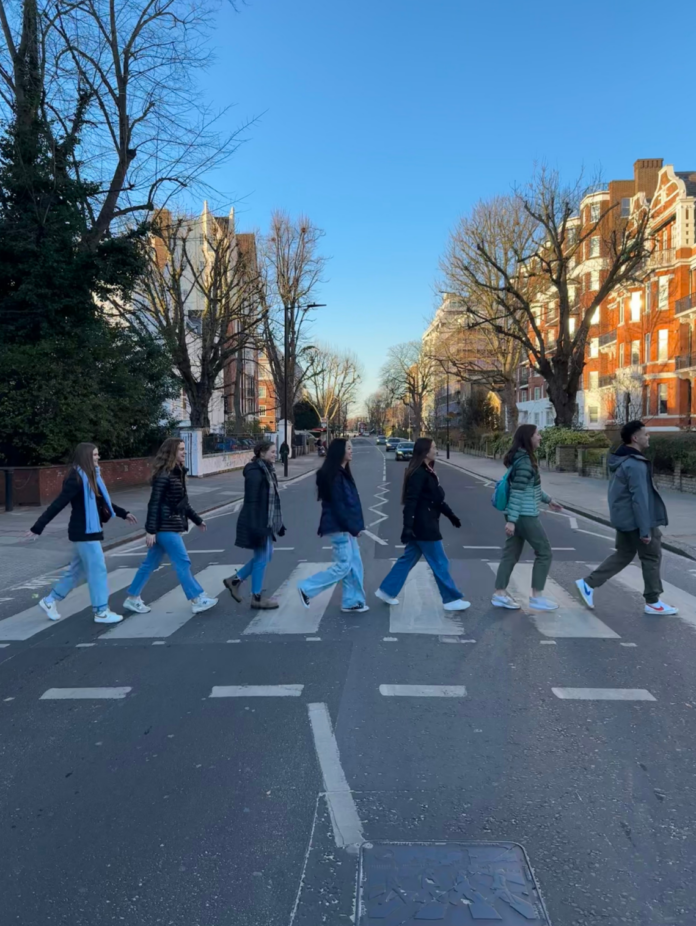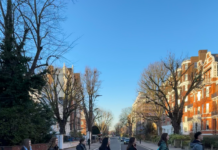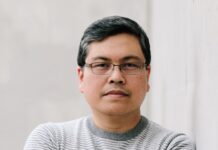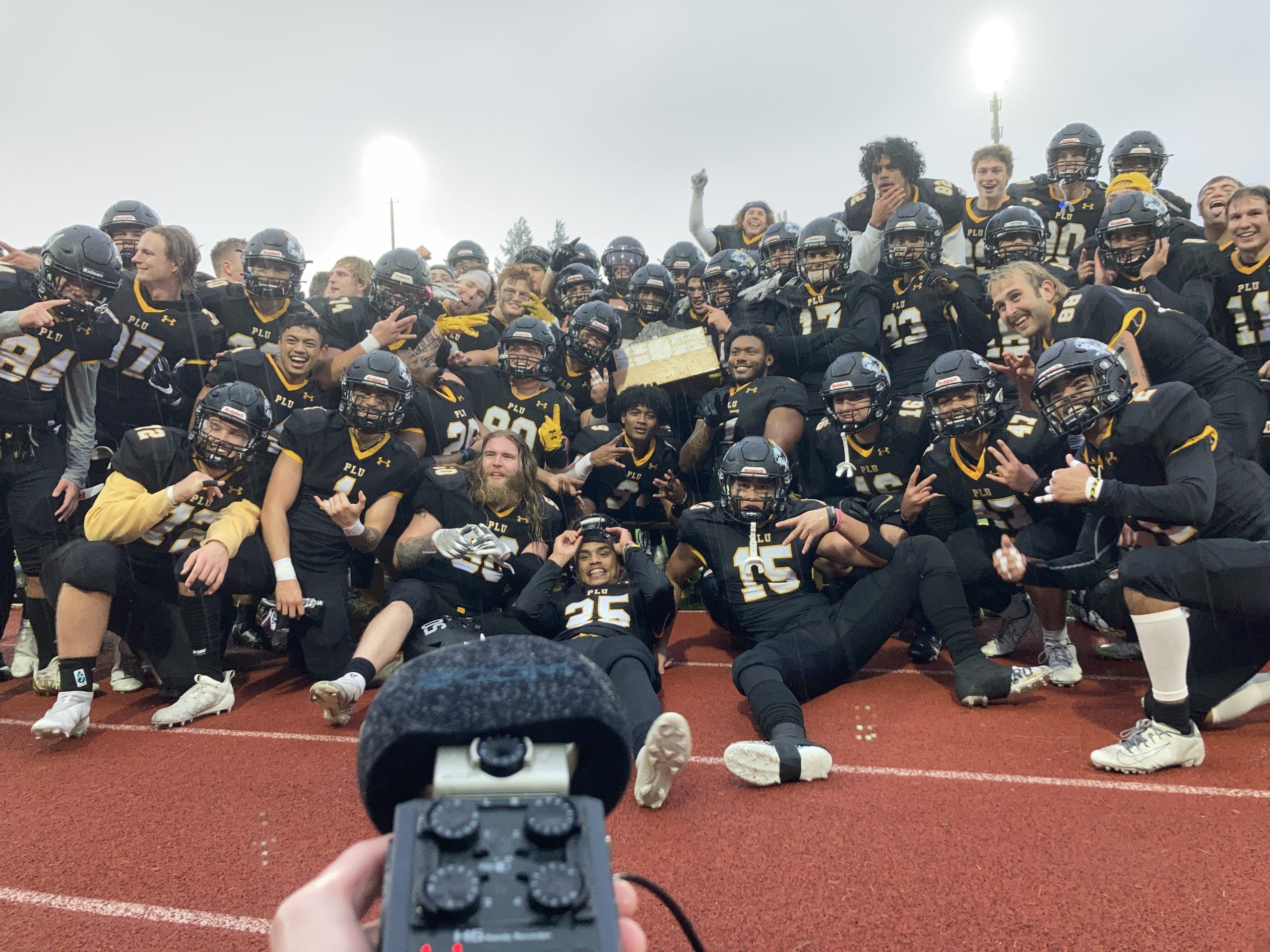
According to data provided by the Wang Center, PLU has an average of 25% of graduating students with study-away experience since 2020. This number is half of 50% that PLU’s Information for Families of Study Away Students website has for the 15-year average.
If the statement “Over the last 15 years, approximately 50% of PLU students have studied away in over 80 countries” is true — with rough calculations of four-year fragments (average undergrad time) — PLU must have had around 62% of all graduates 2016-2020 and 62% of all graduates 2012-2016 have study-away experience. Or any other distribution of 125% which together with the known 25% will make an average of 50% when divided by three.
Executive Director of the Wang Center, Tamara Williams, gave an insight into how the Wang Center calculates the number they present to prospective students and families. “Predictably, between 2007 and until COVID (spring 2020), roughly 5% of enrolled students studied away for a semester and approximately 10% studied away in J-term. So that means that at any given year we are going to have 15% of students wanting to study away. Over the course of four years, that is how we get to the percentage of 40% PLU students who graduate have had a study-away experience.” This is a third discrepancy in PLU’s reported study away statistics.
Current PLU student Ava Foley will become one of the remaining 60% of students who don’t study away before graduation. Her reasoning is not fear of traveling or lack of enthusiasm — at the age of 20, she’s already been to ten countries. Foley was looking forward to studying away at Victoria University of Wellington in New Zealand in spring 2025, but had to withdraw because of “a combination of the Wang Center, personal changes, and… the miscommunication between the two.”
Foley’s experience with the Wang Center has had a couple of ups and downs. She applied in March 2023, got accepted in mid-April 2023, “and then it was kind of like… radio silence until mid-September, which is way past the deadline for withdrawing.” Because of the time gap between the application and the actual study away, Foley had some academic interest changes. In fall 2024, she knew that she wanted to focus on Economics (ECON) in her studies; however, “[Victoria University of Wellington] had no ECON classes. Legitimately, I looked into it, and there was not a single ECON class I could take.”
To this, a representative from the Wang Center suggested that she should just take ‘filler’ classes that would not go toward her major. As a first PLU Economics major student in New Zealand, Foley “wasn’t ready to be that trailblazer for Wellington,” because it also meant a lot of talking to advisors and different academic heads, and “it never felt like there was any cohesiveness” in that process.
The final straw for Foley was the loss of housing at her university abroad. She admits that it was partially her fault in missing some emails, but she wishes she “had more help with the housing application because I honestly didn’t understand that.” After that, she concluded: “If I don’t have housing, I am not going to f—— hop halfway across the world.”
Williams described this occurrence as “melt,” a process of students dropping out of their previous commitments over the summer. She admits that “the melt has increased since COVID” and “is kind of a universal phenomena right now.” Williams shared that more often than not students have to withdraw because they realize the financial burden that studying away will have.
In an interview with The Mast, Williams referred to several reasons for lower study-away interest and opportunities. First, she mentioned faculty reductions in 2021 which left PLU 36 faculty members short. That impacted the amount of J-Term study-away programs as those are brought up and developed by faculty every year. Williams also brought up a three-year suspension of PLU endowment distribution which left the Wang Center without some essential funding around the COVID times.
Another second-year student who had to give up her study-away experience emphasized that the biggest problem for her was the lack of timely communication and information. “They shared at the orientation [in September] that it would cost a lot more because there are a lot more out-of-pocket expenses.” The student knew about the lack of a meal plan, “but at the meeting, it sounded like I would be spending a lot more than I realized.” The student was willing to sacrifice a semester of swimming on the PLU team to follow her older brother’s steps and study at Oxford in spring 2025. However, she also learned about a “very restrictive” visitor policy not allowing any visitors until a designated day, which made her feel like she would be trapped “across the street from the faculty house” with eight students from her cohort. “The lack of information made me believe that [the program] was better suited for me than it actually is,” which left the student with a $600 withdrawal fee.
Williams ascribed the communication issues to the loss of the Study Away Advisor and Semester Program Liaison at the Wang Center which was a “pivotal [position] in communication between students and different programs.” Since the person left PLU in September 2023, it became a targeted frozen position, meaning that PLU wouldn’t reopen it for application.
While interest in studying away has decreased since and because of COVID, fifth-year PLU student Daniel Bensen has studied away twice and plans to go again this upcoming J-Term. His last experience was a gateway program in Oaxaca, Mexico in Fall 2023. “It’s been one of the most powerful transformational experiences of my life for sure. And the way they ran the program I thought was exceptional.”
Bensen did not recall having any misinformation or communication issues with the Wang Center at the stage of application. He also was prepared for and satisfied with the financial aspect of studying away: “The host families provided us with breakfast and lunch, and PLU provided us with… $325 to $350 a month stipend for dinners. The food was cheap enough for that to cover it. Anything outside of that was our own money.”
To study away or not to study away is up for Lutes to decide before the upcoming application deadline in March of 2025. Their decision, however, will impact the statistics that PLU presents to the public.
















